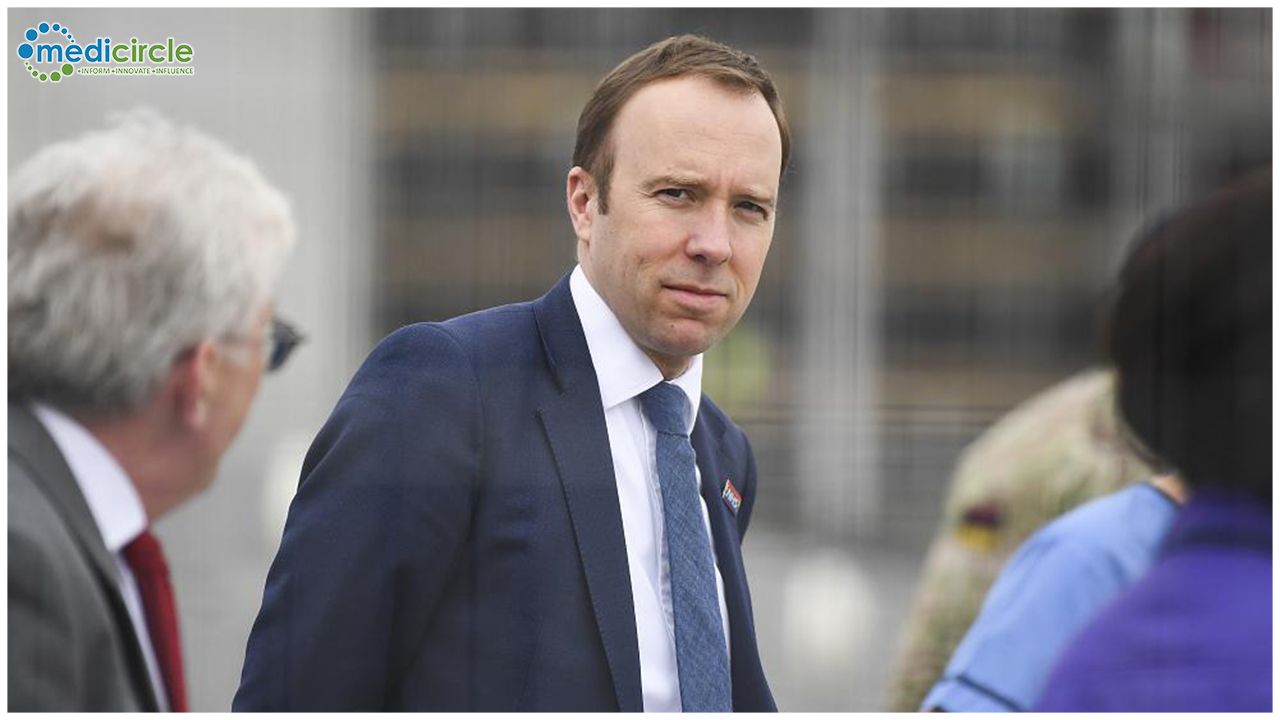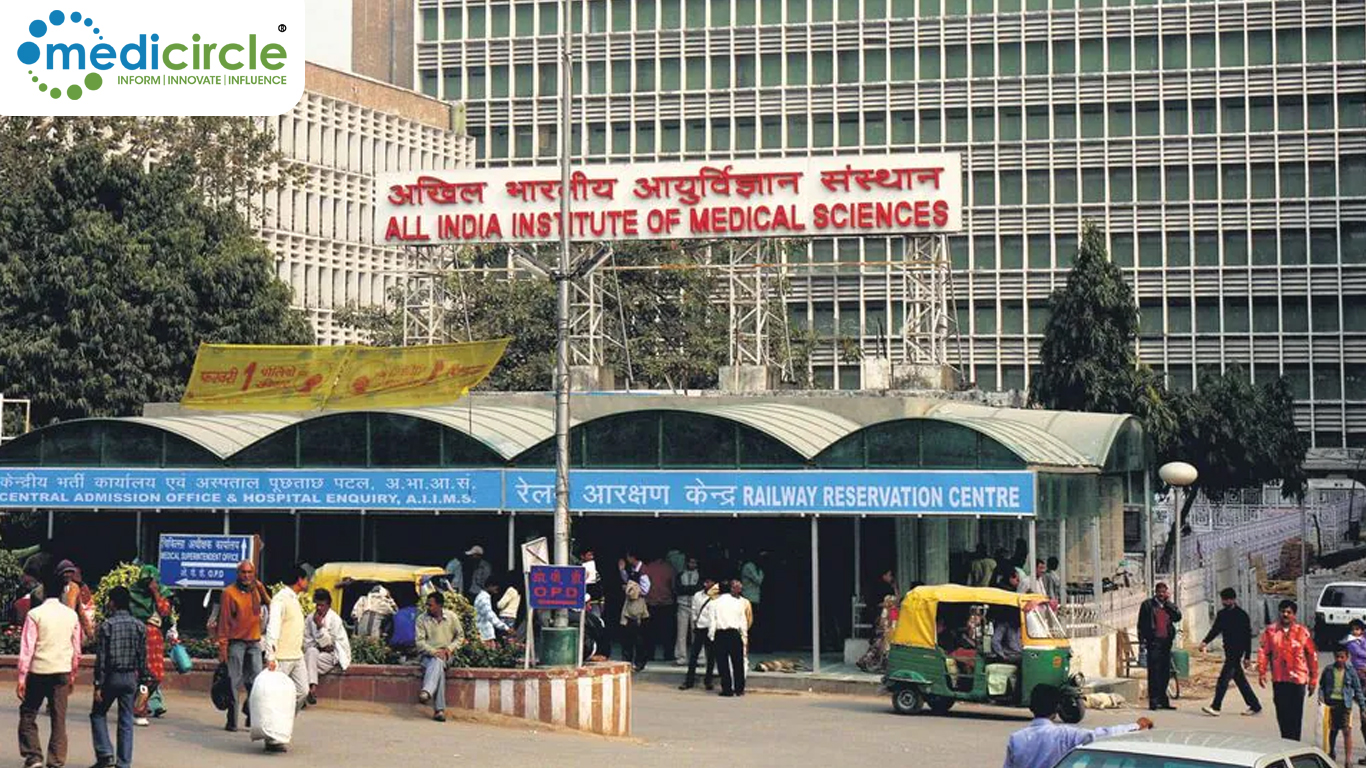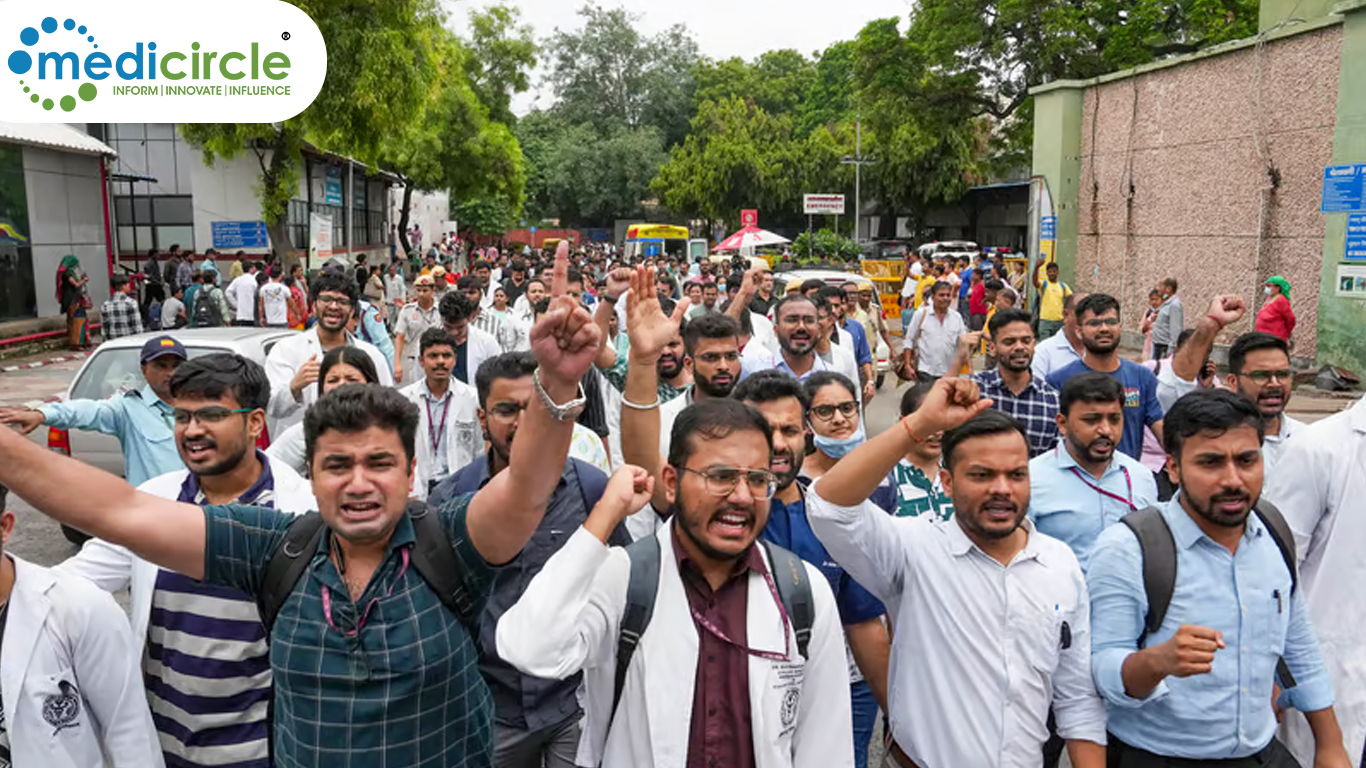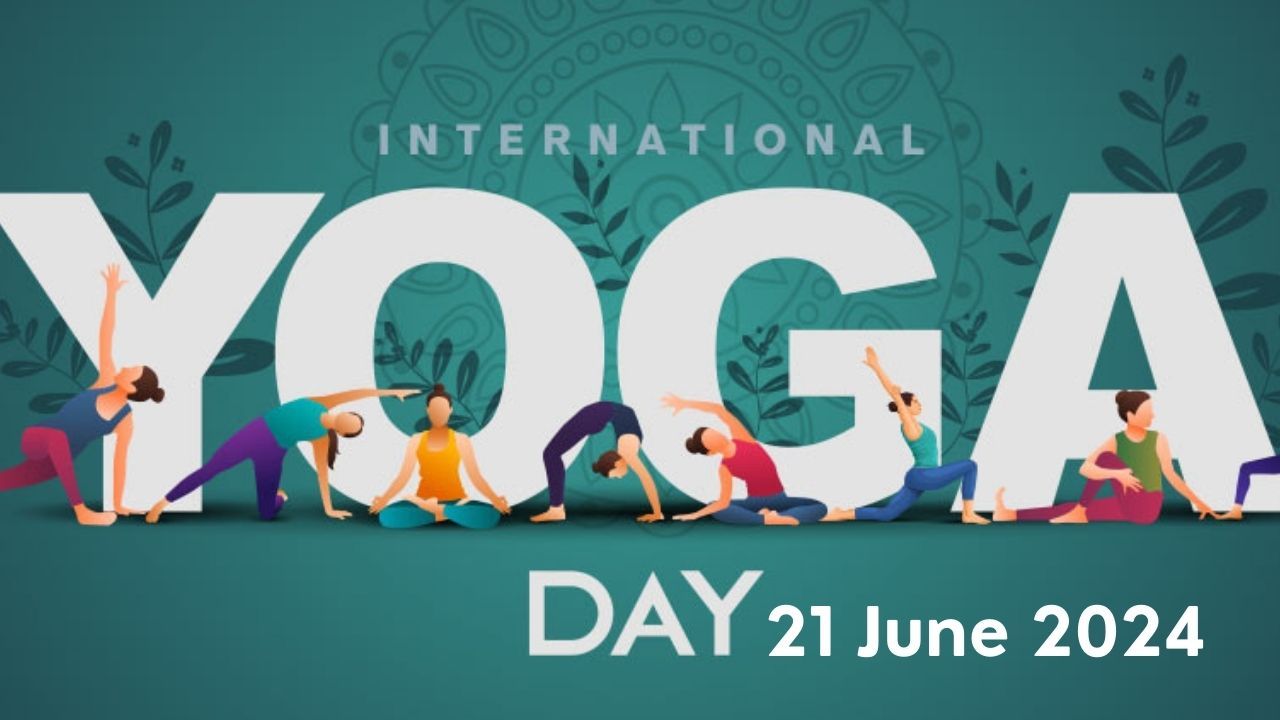The United Kingdom is currently taking care of not completing more coronavirus tests, a specialist has told Euronews.
The nation's present limit remains at 12,700 tests every day, contrasted and Germany on 500,000 per week.
On Thursday, wellbeing pastor Matt Hancock reported an arrangement to increase testing so it was a multi-day before the month's over.
Be that as it may, Dr. Bharat Pankhania, a senior clinical instructor at the University of Exeter Medical School and master in irresistible illnesses, revealed to Euronews the nation ought to have been at this level two months prior.
"I can't locate some other clarification separated from that point was a mistaken choice made, someplace, that we would pull off not testing widely and lamentably, we are presently taking care of that," said Dr. Pankhania.
On Thursday, Health Secretary Matt Hancock reported a five-point plan, planned for sloping up testing to 100,000 every day before the month's over - an objective he concedes is a "major inquire".
Testing is "key, it's essential," Dr. Pankhania told Euronews.
"It isn't exceptional or irregular science," he stated, including that "the tests may cost cash, yet it is a drop in the sea contrasted with an expense to industry".
A key piece of the new five-point plan is to include organizations, private associations, and colleges in the drive for testing, helping Public Health England with the creation.
Euronews connected with the Department of Health and Social Care for a figure of the number of test units right now affirmed for use, yet didn't get a reaction when of distributing.
The utilization of COVID-19 immune response home test units is right now illicit in the UK, as indicated by an announcement by the Medicines and Healthcare items Regulatory Agency (MHRA).
"There are right now no CE (ensured) checked tests for home use, and it is illicit to supply non-CE stamped items," they said.
'We ought to have done it two months back'
When asked whether it is achievable to build day by day testing figures to 100,000, Dr. Pankhania reacted by saying, "we need to do it, we can do it and we ought to have done it two months prior".
Dr. Pankhania and various associates had communicated their anxiety about the absence of contact following and testing in an article discharged in the British Medical Journal (BMJ) distributed on March 30.
Most recent figures show a further 684 individuals have kicked the bucket from COVID-19 in the UK, bringing the all-out loss of life to 3,605.
Dr. Pankhania is among those approaching the UK government to regard the exhortation of the World Health Organization (WHO) by expanding testing.
On March 25, UK Prime Minister Boris Johnson said the UK was raising the quantity of COVID-19 tests "from 5,000, to 10,000 tests for each day, to 25,000, etc. Ideally, very soon, up to 250,000 per day".
When inquired as to why there has been slack in testing, Dr. Pankhania says that, in his view, "there had not been the will to do it".
Is trying at 100,000 every day plausible?
"The United Kingdom has a world-class biotechnology industry, researchers, and taking tests isn't something out of this world," Dr. Pankhania stated, including that "this is a test we do each day, for different purposes, in clinical settings, constantly".
"It isn't hard to do," he stated, yet it requires venture and coordination. "If the will is there ... you will work with everybody and anybody. It is as basic as that. It's a basic matter of my lab can do 50,000"
Be that as it may, if I request that you do 100,000, my research center can't adapt. Be that as it may, how might I get it going? I will converse with anybody and everybody who is skillful, authorize and ready to do this test since this is a national crisis. We have to spare lives."
"It's anything but a mammoth undertaking if the will is there, " he said. "Lives matter, here and what cost do you put on lives? This is an easy decision issue". "
"It isn't requesting trillions of cash, it is requesting a little drop in the sea to complete this, not a major drop," he included.
Why are tests essential?
The World Health Organization (WHO) has emphasized the significance of exact and far-reaching testing.
"This is the nuts and bolts that I would educate to a normal irresistible infection under study which is an apparatus for controlling an episode," Dr. Pankhania told Euronews.
"You have to know with accuracy how far-reaching the contamination is, who is tainted, who isn't contaminated, and the main way you can tell with exactness, particularly for a disease like a coronavirus".
Testing is particularly imperative to recognize COVID-19, because of a considerable lot of those contaminated being asymptomatic. Likewise, realized side effects have gotten shifted. "Thusly, the best way to tell with accuracy is to test," Dr. Pankhania included.
"As to the COVID-19 disease, once in a while the signs and indications are negligible to none, once in a while the signs are manifestations are such that you don't generally have the foggiest idea whether it is the basic cold or is this a COVID-19 contamination".
"We should, we should, we need to test so we realize what we're doing".

 The United Kingdom is now paying the price for not carrying out more coronavirus tests
The United Kingdom is now paying the price for not carrying out more coronavirus tests






.png)

.jpg)










.jpeg)

.jpeg)










.jpg)




.jpg)

